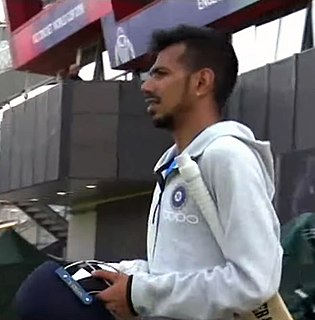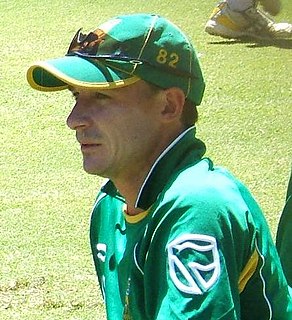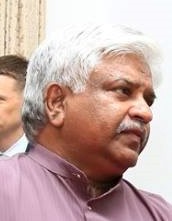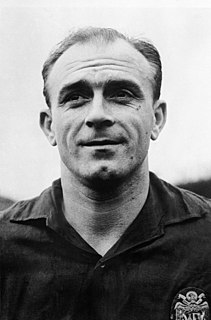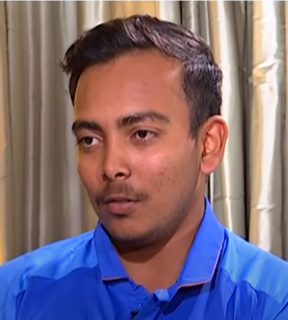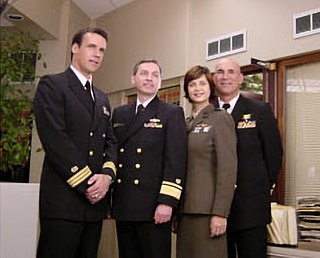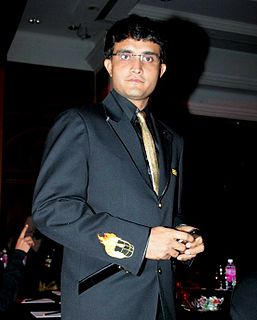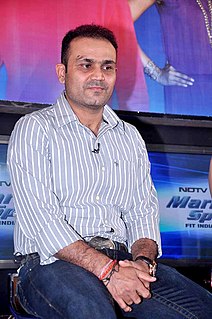A Quote by Yuzvendra Chahal
When I gradually realized the emotion behind it, I began playing cricket in our neighborhood, which I think everyone has.
Related Quotes
I have said that poetry is the spontaneous overflow of powerful feelings: it takes its origin from emotion recollected in tranquillity: the emotion is contemplated till, by a species of reaction, the tranquillity gradually disappears, and an emotion, kindred to that which was before the subject of contemplation, is gradually produced, and does itself actually exist in the mind.
When I began to listen to poetry, it's when I began to listen to the stones, and I began to listen to what the clouds had to say, and I began to listen to others. And I think, most importantly for all of us, then you begin to learn to listen to the soul, the soul of yourself in here, which is also the soul of everyone else.
Such poverty as we have today in all our great cities degrades the poor, and infects with its degradation the whole neighborhood in which they live. And whatever can degrade a neighborhood can degrade a country and a continent and finally the whole civilized world, which is only a large neighborhood.
If you have an all-white neighborhood you don't call it a segregated neighborhood. But you call an all-black neighborhood a segregated neighborhood. And why? Because the segregated neighborhood is the one that's controlled by the ou - from the outside by others, but a separate neighborhood is a neighborhood that is independent, it's equal, it can do - it can stand on its own two feet, such as the neighborhood. It's an independent, free neighborhood, free community.
When I began my life journey, we'd survive on Rs 500 a month as a family. As time passed and I started playing for the country, this Rs 500 multiplied manifold, but it was not the money that mattered: it was the fact that I was fulfilling my ambition of playing cricket on the highest platform, representing my country.
